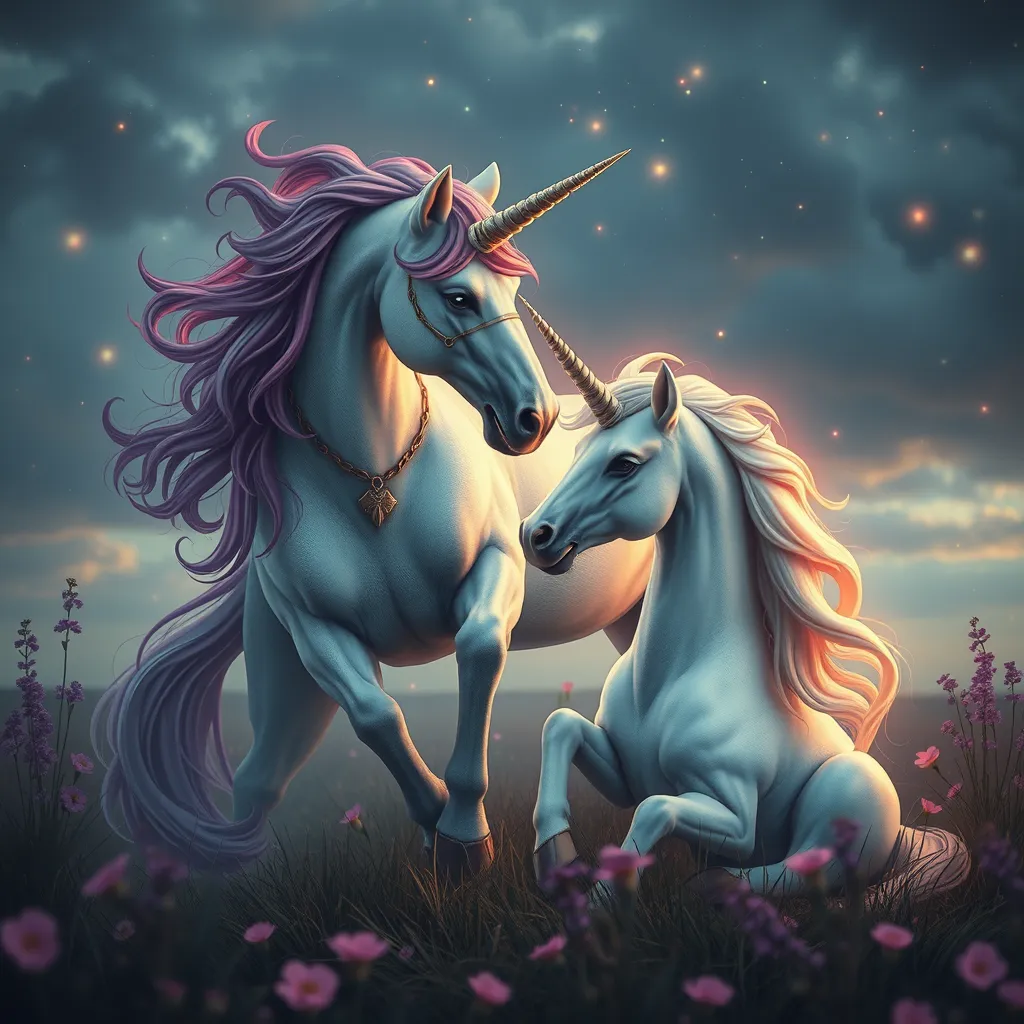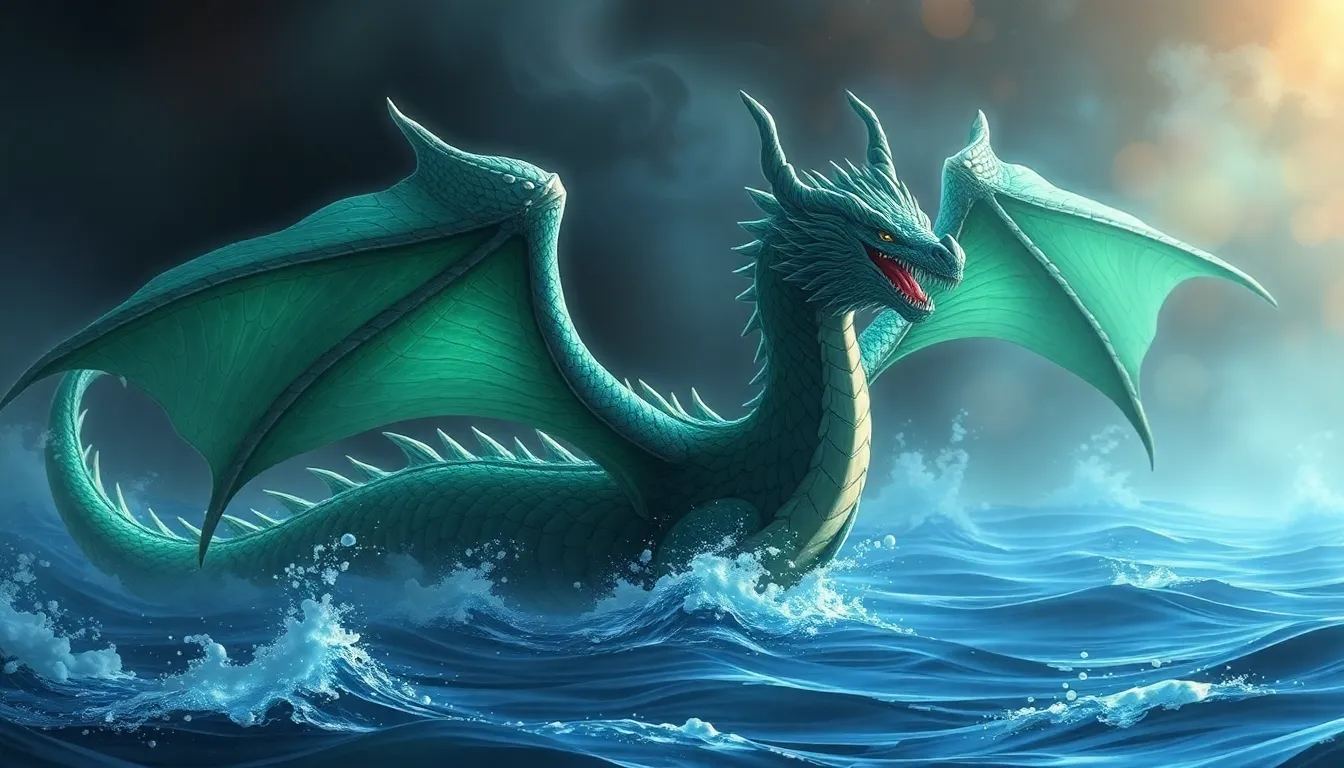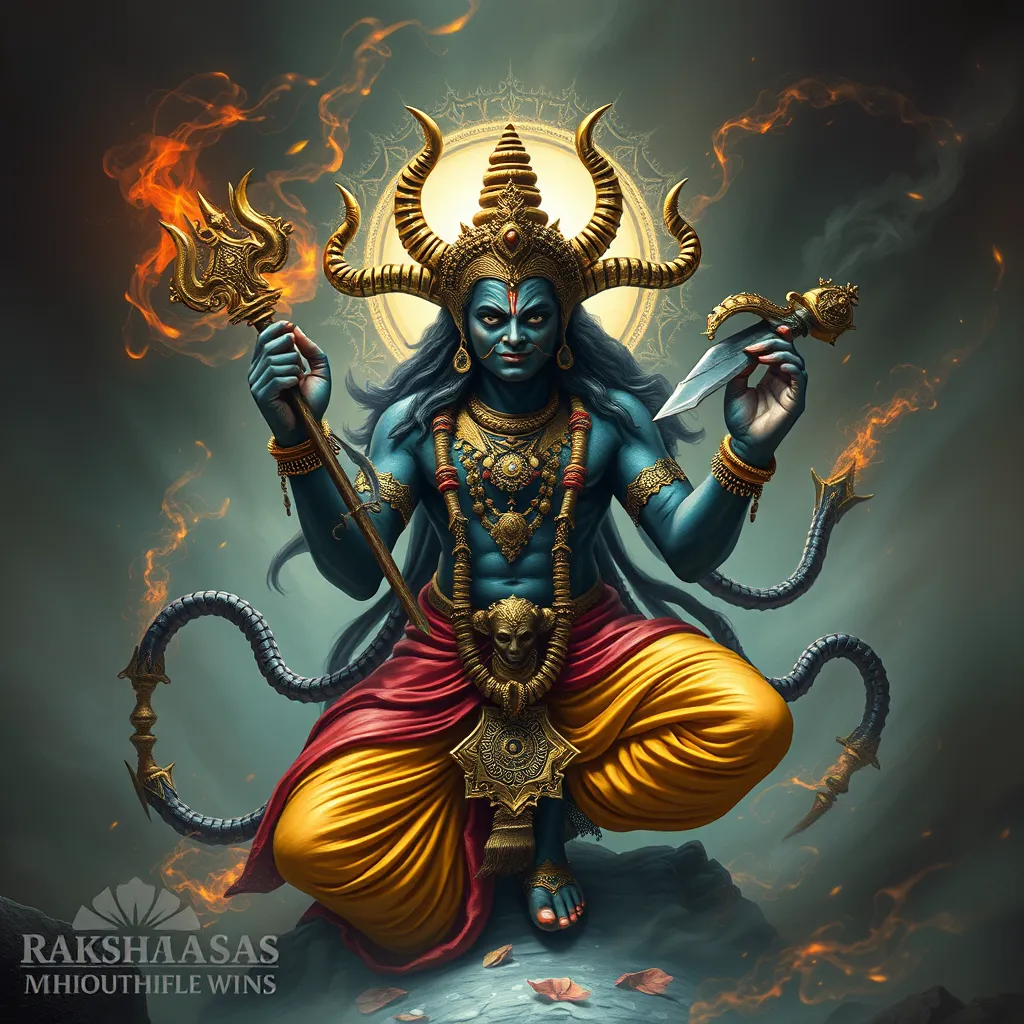Unicorns and Love: The Mythical Beast’s Romantic Significance
I. Introduction
Throughout history, unicorns have captured the imagination of people across cultures, emerging as one of the most enchanting mythical creatures. Often depicted as horse-like beings with a single spiraling horn, unicorns symbolize purity, grace, and beauty. They have transcended mere folklore to become a significant part of popular culture, featuring prominently in literature, art, and media.
This article delves into the romantic significance of unicorns, exploring how they have come to embody themes of love and idealism. By examining the historical context, cultural representations, and psychological appeal of unicorns, we can uncover the deeper meanings behind this mythical creature’s connection to love.
II. Historical Context of Unicorns
The myth of the unicorn dates back thousands of years, with origins in ancient cultures. The earliest references can be traced to Mesopotamia, where descriptions of a one-horned creature appear in various texts. In the ancient Greek writings, such as those by Ctesias, unicorns were described as exotic animals in faraway lands, enhancing their allure.
During the medieval period, unicorns took on a more symbolic role. They became associated with Christ in Christian iconography, representing purity and innocence, often depicted alongside the Virgin Mary. This connection solidified their status as symbols of virtue and love, particularly in the context of romantic ideals.
As time progressed, unicorns transitioned from folklore to modern interpretations. Today, they are often seen in various forms of media, evolving into icons of love and fantasy.
III. Unicorns as Symbols of Purity and Virtue
Unicorns are intrinsically linked to the idea of purity in numerous myths. In many tales, only a virgin can tame a unicorn, emphasizing the creature’s association with innocence and untainted love. This connection highlights the belief that love should be pure and sincere.
- In various cultures, unicorns symbolize the idealized concept of love.
- They serve as metaphors for the kind of love that is selfless and noble.
- Their elusive nature reflects the challenges of finding true love in reality.
Through their representation of purity, unicorns embody the idealized concept of love—one that is not only romantic but also transcendent and pure, reminding us of the beauty that exists in love when it is genuine.
IV. The Role of Unicorns in Literature and Art
Unicorns have made significant appearances in classic literature and poetry. From medieval tapestries to John Milton’s works, these creatures have been portrayed as symbols of love and desire. In literature, they often represent unattainable dreams or ideals, adding depth to romantic narratives.
In visual arts, unicorns have been depicted in various styles and periods, such as:
- The famed “Unicorn Tapestries” of the late Middle Ages, showcasing the creature in a romanticized setting.
- Renaissance paintings that illustrate the unicorn alongside themes of love and beauty.
- Modern interpretations in illustrations and graphic novels that continue to explore romantic themes.
These artistic expressions reveal the enduring romantic themes surrounding unicorns, as they continue to inspire artists and writers alike.
V. Unicorns in Modern Pop Culture
The resurgence of unicorn symbolism in contemporary media is noteworthy. From children’s books to adult fiction, unicorns have regained popularity as symbols of love, magic, and hope. They appear in various forms of entertainment, including:
- Films that highlight magical adventures featuring unicorns as central characters.
- Books that explore themes of love intertwined with fantasy elements.
- Fashion trends that incorporate unicorn motifs, appealing to a sense of whimsy and romance.
This modern perception of unicorns as symbols of romance reflects a collective yearning for idealism and magic in relationships, further solidifying their place in contemporary love narratives.
VI. The Psychological Appeal of Unicorns in Romantic Contexts
Unicorns serve as archetypes in love and relationships, representing the fantasy of an ideal partner. They embody the qualities we often seek in romantic relationships—purity, beauty, and the extraordinary. The significance of fantasy and idealism plays a crucial role in romantic pursuits, as many individuals aspire to find a “unicorn” in their lives.
Moreover, the unicorn myth influences personal relationships and aspirations by:
- Encouraging individuals to seek out the extraordinary in love.
- Promoting the idea that true love is worth pursuing, even if it seems elusive.
- Inspiring people to cultivate their own qualities of purity and virtue in relationships.
Thus, unicorns serve as a reminder of the beauty and idealism that can be found in love, encouraging a pursuit of deeper connections.
VII. Unicorns and Love in Spiritual Practices
The spiritual significance of unicorns varies across different belief systems. In some traditions, unicorns are seen as spiritual guides, symbolizing the journey toward enlightenment and self-discovery. They are often associated with the divine feminine, representing qualities such as intuition, compassion, and love.
Unicorn symbolism is also incorporated in love rituals and practices, often representing the union of two souls or the quest for true love. Additionally, unicorns play a role in fostering self-love and inner peace, reminding individuals that love begins within.
- Incorporating unicorn imagery in meditation practices to enhance feelings of love and purity.
- Using unicorn symbols in love spells or rituals to attract romantic relationships.
Through these spiritual practices, unicorns continue to inspire love and connection on both personal and cosmic levels.
VIII. Conclusion
In conclusion, unicorns have held romantic significance across cultures and time periods. From their historical roots in mythology to their modern representations in popular culture, they continue to captivate the human spirit. The enduring appeal of unicorns in love narratives highlights our desire for purity, idealism, and magic in our relationships.
As we reflect on the role of mythical creatures like unicorns, we recognize their power in shaping our understanding of love—reminding us that, much like the unicorn itself, true love is a rare and beautiful phenomenon worth pursuing.



